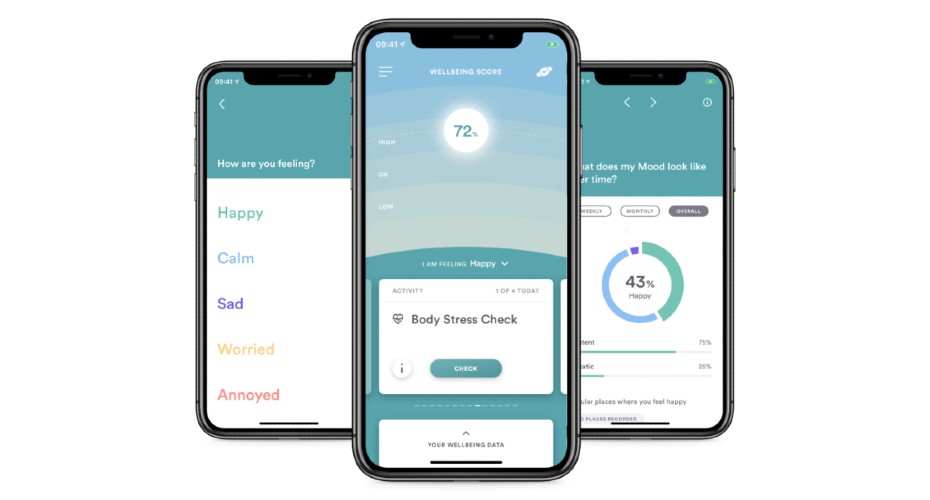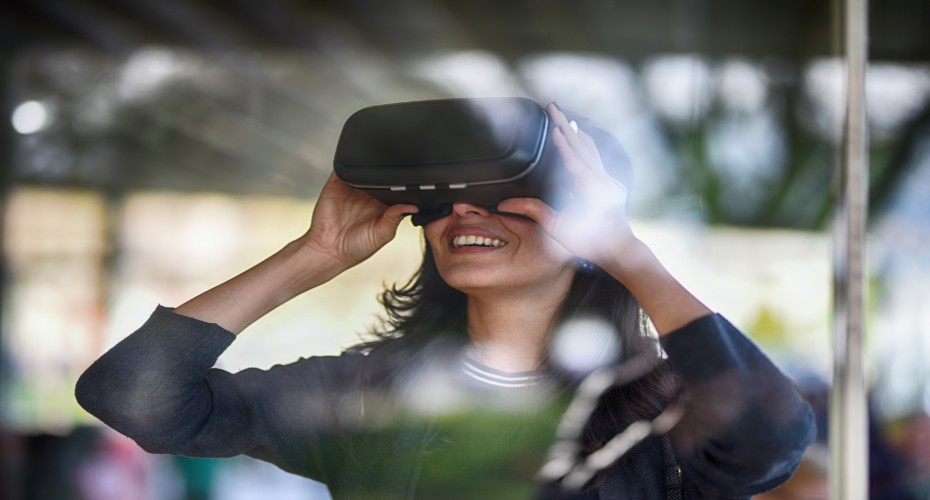Research impact in the Future of Work
AI, technology and fourth industrial revolution
Exploring the challenges and opportunities that artificial intelligence, technology and data present to organisations.

Understanding disruption in our increasingly digital economy is essential for all organisations and institutions, including the UK government. INDEX’s Professor Mark Thompson has delivered a speech to parliament on Reframing Our Politics for the Digital Age.
Find out more >>

Research from Dr Abigail Dymond resulted in all 43 police forces in England and Wales having a single, standardised form for their officers to report use of less-lethal force including crucial details such as whether weapons were drawn but not used, injuries to the officer or member of the public and more.
Find out more >>

What does ‘start-up’ or ‘transformation’ really mean in the digital economy? Our research examines the growing intersection between information, technology, the market, consumer behaviour, service design, and value-in-use, and the way in which this fast-moving landscape is reconfiguring business/operating models for the digital age.
Find out more >>

University of Exeter historians and computer scientists are collaborating with curators, data scientists, historians, geographers and computational linguists from the Alan Turing Institute, the British Library, the Universities of East Anglia, Cambridge and Queen Mary University of London, on a £9.2million research project into the impact of mechanisation on our everyday lives.
Find out more >>
Human impacts of the future of work
The future of work is changing how, where and when people work. It presents huge opportunities to provide better services and experiences to employees and customers alike.

Dr David Plans and Professor Roger Maul have developed an app called Biobeats, for reducing stress and mental illness. It allows users to understand how their body and mind responds to stress and how it affects them in their work and personal life.
Find out more >>

Psychology researchers at the University of Exeter have uncovered the 'glass cliff' phenomenon relating to gender discrimination in the workplace. The 'glass cliff' has shaped debate and informed public understanding of women's leadership positions.
Find out more >>

Dr Christopher Begeny, Postdoctoral Research Fellow in Social and Organisational Psychology at the University of Exeter, writes for the Conversation UK on the mental health pros and cons of minority spaces in the workplace.
Find out more >>

Professor William Harvey, Professor of Management Studies, has collaborated with academics in India, Zimbabwe and Egypt on building ethical businesses in corrupt environments finding that that organisations should view the prospect of building a strong ethical reputation in such environments as an opportunity, and consider the costs of resisting corruption as an investment in building such a reputation.
Find out more >>
Governance and regulation
The development of AI and robotics and the automation of daily processes, decision making and critical human and business decisions highlight the importance of trust and responsible innovation in the future of work.

Our research into data governance, algorithms and values addresses the social embedding of data across different settings, from business to policy and government, from biology to health and climate change. The work is led by Professor Sabina Leonelli in the Institute for Data Science and Artificial Intelligence.
Find out more >>

University of Exeter academics and data experts, Coelition, have explored the challenges and the opportunities for the digital collection of behavioural attributes for new digital identity systems.
Find out more >>

Exeter Law School’s Professor Mike Schmitt completed a six-week journey training government officials on how international law governs hostile cyber operations. Mike delivered sessions and workshops across the USA, and in Belgium and Canberra, Australia.
Find out more >>

Dr Joseph Lee has presented his project on data governance and government innovation at the Ministry of Economic Affairs (MOEA) in Taiwan. Joseph discussed how data analytics could enhance corporate services provided by the government and the ethical implications for the government.
Find out more >>

The University of Exeter is amongst eleven universities in nine countries participating in the Tax Administration Research Centre (TARC)’s FairTax project to evaluate taxation and social policy reforms in the EU. The consortium is investigating how fair and sustainable taxation and social policy reforms can increase the economic stability of EU Member States.
Find out more >>

University of Exeter Law academic Professor Richard Moorhead authors a Lawyer Watch blog which explores issues relevant to lawyers and other legal service providers, law students, legal academics and legal service policy-makers. Lawyer Watch is well regarded nationally and internationally and has led debate on professional regulatory and ethics issues.
Find out more >>
New business models and processes
In a world of finite resources but an exponential growth of data available, how must organisations structure themselves to thrive in the future of work? Automation of roles, emerging technologies and new business models require employees, leaders and future generations to adopt new skills to succeed in the world of work.

University of Exeter’s Professor Roger Maull has developed Digital Economy Network Plus, an online tool which transforms the way firms earn money.
Find out more >>

Dr Fiona Charnley has collaborated with Universities of Nottingham, Cambridge, Liverpool and Glasgow in Connected Everything II (CEII) Network Plus - an EPSRC-funded research network for the Digital Manufacturing community.
Find out more >>

The 'Internet of Food Things' project is investigating the use of digital technologies which have the potential to transform the food chain. The project seeks to create an interdisciplinary network that defragments and expands the UK’s food digital economy.
Find out more >>
21st century skills

Professor Ilke Inceoglu, along with a team of academics, discovered that university students who do work placements return to their studies with more professionalism and improved self-belief.
Find out more >>




